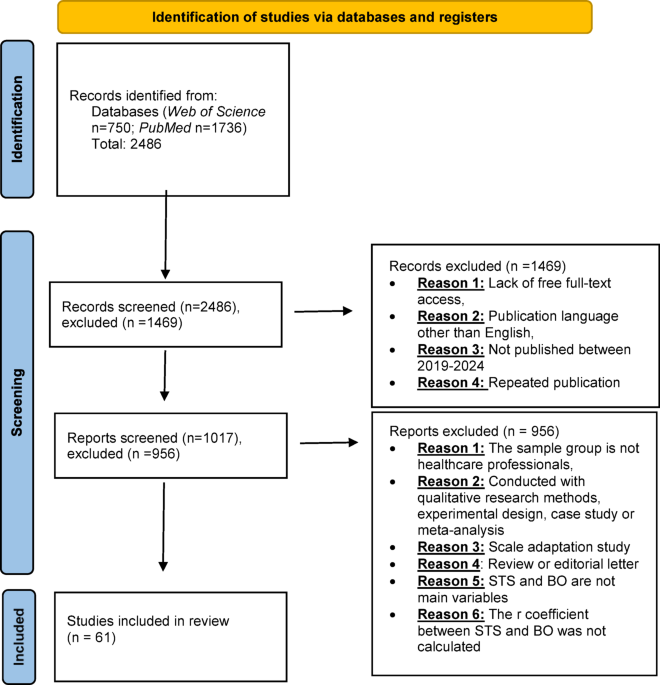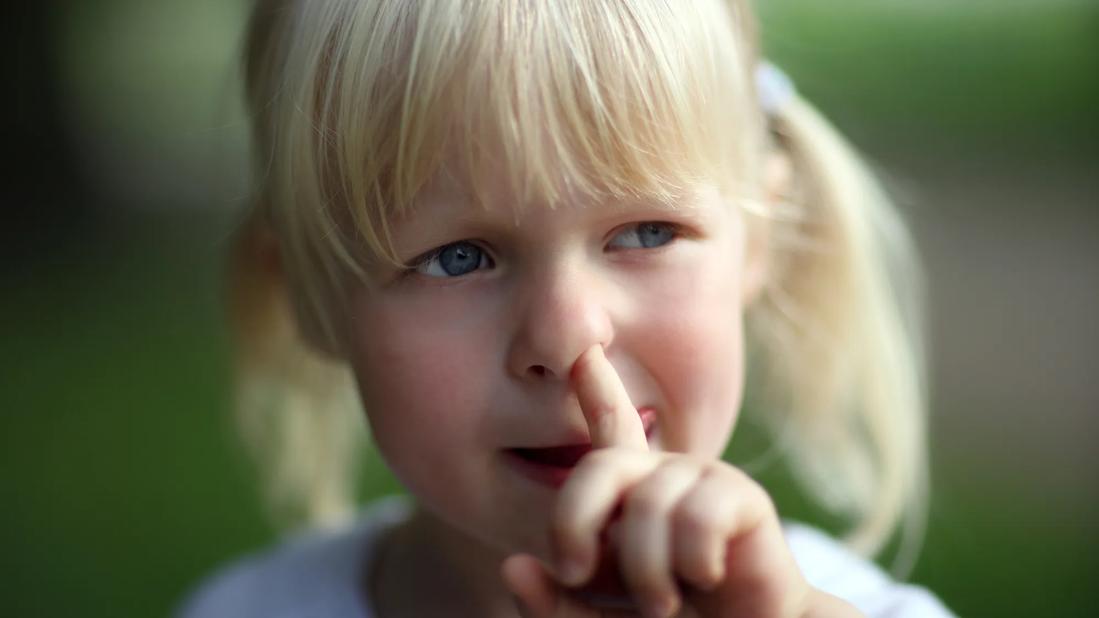Picking your nose is generally frowned upon and widely considered socially unacceptable. Eating any boogers excavated during a finger-in-your-nostril mining session is just considered … well, icky.
Advertisement
Cleveland Clinic is a non-profit academic medical center. Advertising on our site helps support our mission. We do not endorse non-Cleveland Clinic products or services. Policy
Frankly, there’s no good reason to eat a booger. But if you do snack on one of those greenies, is it actually bad for you?
Let’s dig for an answer with primary care physician Matthew Badgett, MD.
Can eating boogers make you sick?
While the thought of eating crusty or slimy boogers may make you queasy, ingesting the substance probably won’t make you sick, says Dr. Badgett.
In fact, odds are that everything in a booger already finds its way to your stomach.
After all, boogers are mostly dried-up mucus, a slippery fluid your body produces in abundance to trap germs and particles floating around us. Your body makes about 1.5 quarts of mucus per day. You unknowingly swallow most of it. (Yuck, right?)
Other ingredients in boogers include dust, pollen, dirt and various germs — or basically, anything that’s typically sucked into your nose from the air you breathe.
“Are there bacteria and other stuff in boogers? Of course,” says Dr. Badgett. “But if these things got trapped in a booger in your nose, you can bet they’re also making their way into your throat and stomach, too. It’s all connected.”
Plus, whatever boogers land in your tummy won’t last long once they splash down into your stomach acid. (“That’s a pretty big defense mechanism,” notes Dr. Badgett.)
But just because boogers aren’t likely to cause harm doesn’t mean that you should eat them. They’re not a delicacy (though some toddlers might disagree). They’re not nutritious in any way either.
“There really isn’t a good reason to eat boogers,” emphasizes Dr. Badgett. “This may seem obvious, but it’s not recommended.”
Why do people eat boogers?
So, what prompts someone to harvest a booger for consumption? There are multiple explanations, says Dr. Badgett, including:
- Curiosity: It’s common for young children to pick their nose and sample their findings as part of a discovery process. “Kids learn by exploring — and sometimes, that means exploring themselves,” he explains.
- Taste: Given the sodium chloride that’s naturally in mucus, boogers offer a certain saltiness that appeals to some palates.
- Self-soothing: Some people find comfort in doing certain behaviors, including picking their nose and eating the results. “It can be something you do to calm yourself down,” says Dr. Badgett.
- Habit: Eating boogers can become a simple quirk done for no particular reason. At an extreme level, it could be a sign of an obsessive-compulsive disorder (OCD).
Health risks from picking your nose
While boogers themselves might not be particularly harmful, clawing them out can come with consequences such as:
- Nosebleeds from cuts in your nostrils
- Nasal infections, including an increased risk of staph infections
“There’s a point where picking your nose can become a destructive sort of behavior,” cautions Dr. Badgett. “You can introduce problems you don’t want to have.”
How to stop picking your nose
Understanding why you’re picking your nose is the first step toward breaking the habit, says Dr. Badgett. With that in mind, here are a few tips to put a stop to it.
- Run a humidifier: Boogers are essentially dried-up mucus. Adding moisture to the air with a humidifier can help prevent the formation of boogers. (If there’s nothing to pick, problem solved!)
- Saline nasal spray: A little spritz in your nostrils can prevent the dryness that leads to boogers. Just make sure you use the spray correctly.
- Keep tissues handy: Blowing your nose more often may dislodge existing boogers so they don’t need to be picked. Plus, it clears out mucus and other gunk before it gets a bit crusty.
- Address mucus buildup: If you’re somebody who tends to generate a lot of snot, whether through allergies or some other cause, resolving that issue can limit booger buildup.
- Get treatment: If your nose-picking habit is tied to OCD, talk to your healthcare provider about ways to limit the behavior through therapy or medication.
As for toddlers picking their nose with gusto, most eventually lose interest in the exploration. “They usually stop once they get bored with it,” reports Dr. Badgett. “Or it can end once they get older and see it’s not something their friends are doing.”
If you don’t want to wait for that process to work its way through, talk to them about the behavior and reinforce that it’s not socially acceptable. Ditto for eating whatever they find when they’re picking.
“Be consistent and clear, not harsh or punitive,” he advises. “Eventually, their behavior should get better.”
And until that time, rest easy knowing boogers shouldn’t make them sick.
link





:max_bytes(150000):strip_icc()/stuffy-nose-GettyImages-854418348-39f4f61c549946d4bd586786909ad47c.jpg)

More Stories
Stuffy Nose: Causes and Treatment Options
Miniature noses to help prevent infections and promote nasal health
Man undergoes life-changing surgery for massive nose growth | Health